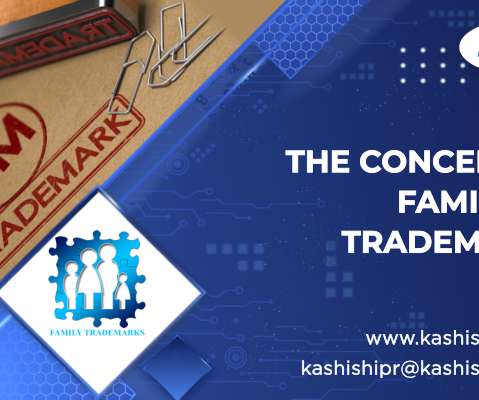U.S. Supreme Court laid down the ruling for the scope of distinctiveness in General terms.
IP and Legal Filings
OCTOBER 31, 2023
However, using a generic term as a trademark is a tricky play, SUN is a good example of an arbitrary trademark reason being as it is used for computer products and its extensive use has acquired distinctiveness. Indian Trademarks Act of 1999 prohibits the registration of generic trademarks under section 9(1).













Let's personalize your content